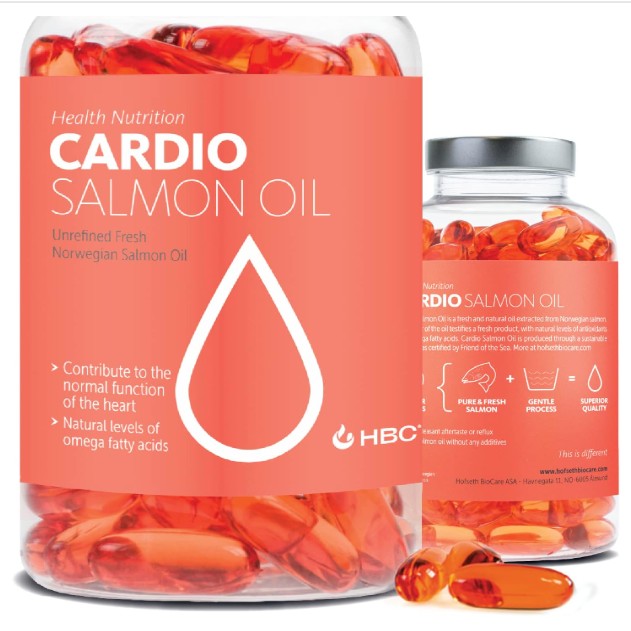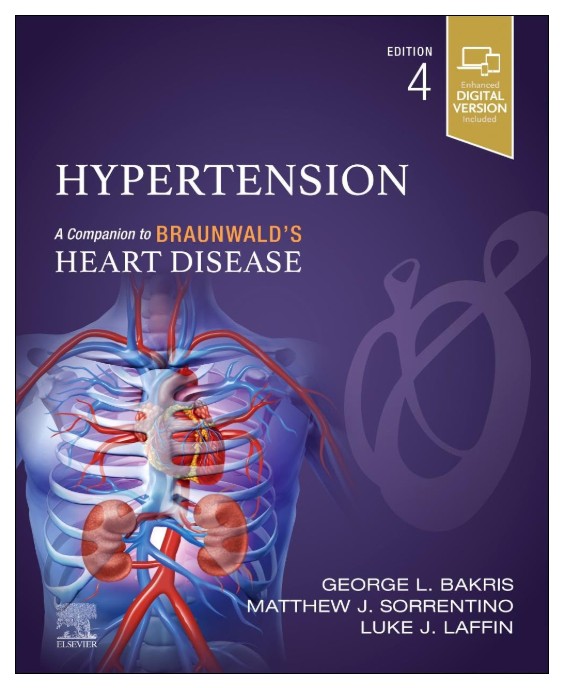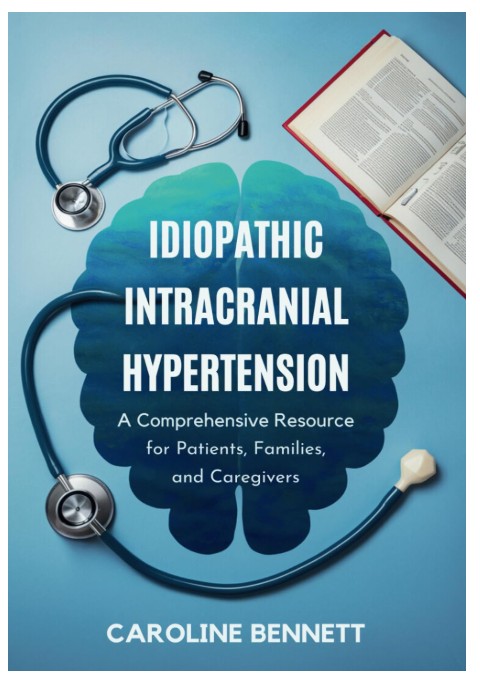Angina Pectoris, more commonly known as angina, is a condition characterized by chest pain or discomfort due to coronary heart disease. It occurs when the heart muscle doesn’t get as much blood as it needs, usually due to narrowed coronary arteries. While medication and surgical procedures can help manage this condition, lifestyle changes can also significantly contribute to managing angina and improving quality of life.
Firstly, maintaining a healthy weight is crucial in managing angina. Obesity increases the risk of coronary heart disease and subsequently the risk of angina. A balanced diet rich in fruits, vegetables, whole grains, lean proteins and low-fat dairy products can promote weight loss and improve overall health.
A diet low in saturated fats, trans fats and cholesterol can help lower blood cholesterol levels and reduce the risk of plaque formation in the arteries. Limiting salt intake can also prevent high blood pressure which contributes to heart disease. Additionally, limiting alcohol consumption is beneficial as excessive drinking can raise blood pressure levels.
Physical activity plays a significant role in managing angina pectoris. Regular exercise strengthens the heart muscles, lowers blood pressure, improves circulation and helps maintain a healthy weight. However, it’s important for individuals with angina to consult their healthcare provider before starting an exercise program.
Tobacco use is detrimental for anyone but especially for individuals suffering from angina pectoris. Smoking damages the lining of arteries which facilitates plaque build-up leading to narrowed arteries – a primary cause of angina pectoris.
Managing stress effectively is another vital lifestyle change for individuals with angina pectoris. Chronic stress may increase heart rate and blood pressure exacerbating symptoms of angina. Relaxation techniques such as deep breathing exercises, yoga and meditation can help reduce stress levels.
Regular health check-ups are essential to monitor progress and make necessary adjustments in treatment plans or lifestyle modifications if required.
Lastly but importantly is adhering to prescribed medication regimes alongside these lifestyle changes. This ensures the most effective management of angina pectoris symptoms.
While making lifestyle changes can seem daunting, it’s important to remember that small, gradual changes are often more sustainable and beneficial in the long run. It’s not about perfection but progress. Every healthy choice contributes to managing angina pectoris more effectively and improving overall health.
Lifestyle modifications not only help manage angina pectoris but also enhance overall cardiovascular health, reduce the risk of heart attacks and strokes, and improve quality of life. Therefore, it is highly recommended for individuals with angina pectoris to consider these lifestyle adjustments as part of their comprehensive treatment plan.



